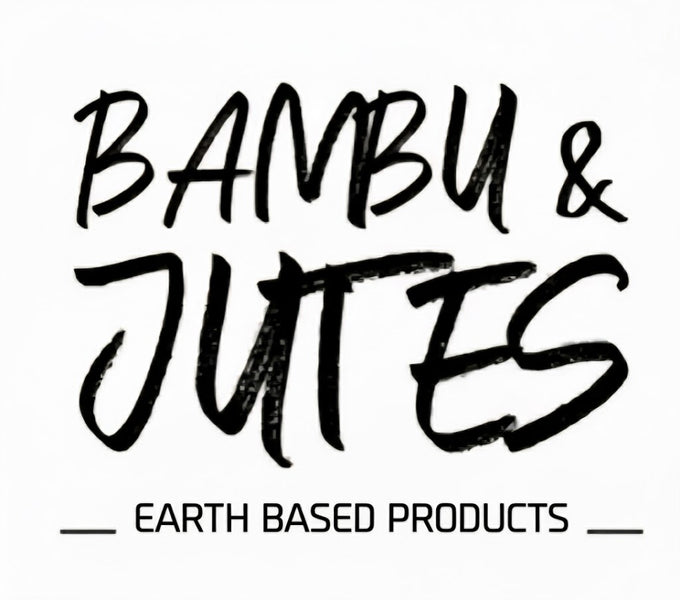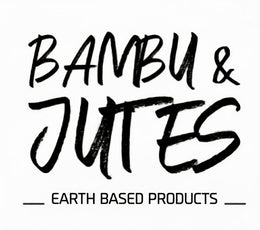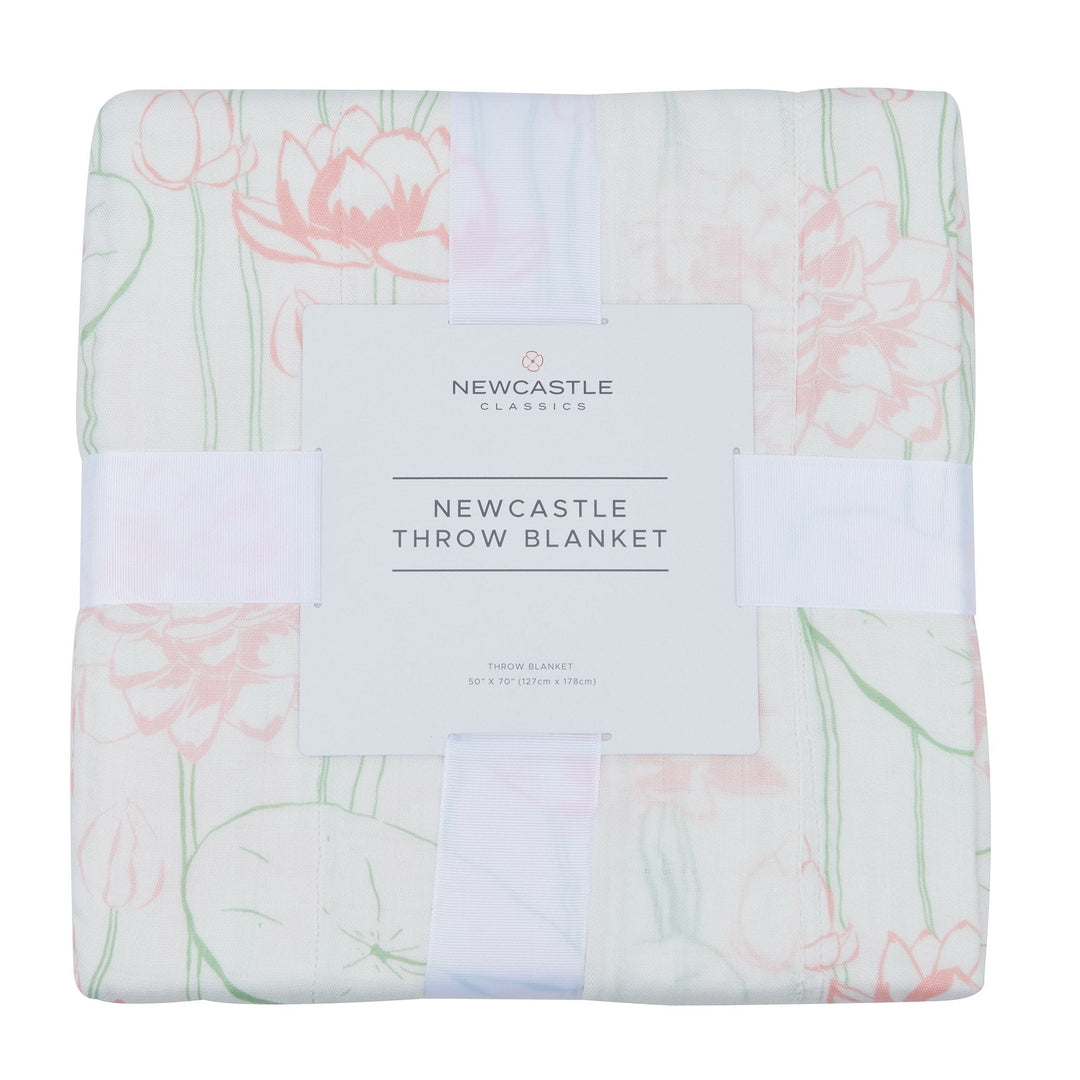Foraging Forward: Rediscovering Nature's Pantry for Sustainable Nourishment
In the era of supermarkets and fast food, the ancient skill of foraging is making a surprising and delightful comeback. This resurgence isn't just a nod to our ancestral past; it's a rediscovery of the deep connection between humans and the natural world, a way to sustainably source food, and a path to enhance our diets with diverse, nutritious, and often overlooked ingredients. Foraging, the practice of gathering wild food for free, is not only an exciting adventure but also a profound skill that can transform our relationship with the environment and what we eat.
What is Foraging?
At its core, foraging is the act of searching, identifying, and collecting food resources in the wild. This includes a variety of plant-based foods such as fruits, nuts, seeds, leaves, and mushrooms. It's a skill that humans have engaged in for millennia, long before the advent of agriculture. Foraging requires knowledge, respect for nature, and a keen sense of awareness about the ecosystem.
The Bounty of Nature: Commonly Foraged Vegan Foods
Nature offers an abundance of vegan foods that can be foraged throughout the seasons. Spring brings tender greens such as dandelion, wild garlic, and nettles - excellent in salads or soups. Summer offers a bounty of berries, including blackberries, raspberries, and wild strawberries, along with wild herbs like mint and chamomile. Fall is perfect for nut gathering, with acorns, hazelnuts, and walnuts aplenty, while mushrooms like chanterelles and morels can often be found underfoot in damp, wooded areas. Winter, though sparse, still provides offerings such as pine nuts and certain hardy greens.
Why Learn Foraging?
Understanding what we can eat in nature is vital for several reasons. Nutritionally, wild foods often contain higher levels of vitamins and minerals than their cultivated counterparts. Ecologically, foraging encourages us to learn about and engage with local ecosystems, promoting conservation and sustainability. Economically, it provides access to free, organic food. And culturally, it connects us with traditional knowledge and practices that have sustained humans for generations.
How to Learn the Art of Foraging
Learning to forage is an enriching journey that can start in numerous ways:
-
Books and Field Guides: Begin with comprehensive books on edible plants and mushrooms specific to your region. These guides provide valuable information on identification, seasons, and preparation methods.
-
Online Resources and Apps: Numerous websites, forums, and mobile apps offer a wealth of information on foraging, complete with photos and tips from experienced foragers.
-
Workshops and Classes: Many communities offer workshops or classes led by experienced foragers. These hands-on sessions often include field trips, giving you real-world experience in identifying and gathering wild foods.
-
Joining Foraging Groups: Social media and community boards are great places to find local foraging groups. Joining these groups can provide opportunities to learn from others and share experiences.
-
Practice and Patience: Like any skill, foraging requires practice. Start small, perhaps in your own backyard or a nearby park, and gradually expand your knowledge and foraging areas.
The Ethical Forager
Ethical foraging is paramount. This means taking only what you need, never overharvesting, being mindful of protected species, and avoiding foraging in polluted areas. It's also important to gain permission if you're foraging on private land.
Go Out and Collect
The resurgence of foraging is more than a trend; it's a movement towards sustainable living, a rediscovery of the bountiful nutrition nature offers, and a call to reconnect with the earth. Learning to forage is an empowering skill that enhances our diets, respects our planet, and enriches our lives in countless ways. As we walk through forests, meadows, and even our urban parks, we're reminded that food is all around us, waiting to be discovered. In embracing foraging, we find food, but more importantly, we find understanding, connection, and a deep appreciation for the natural world.













